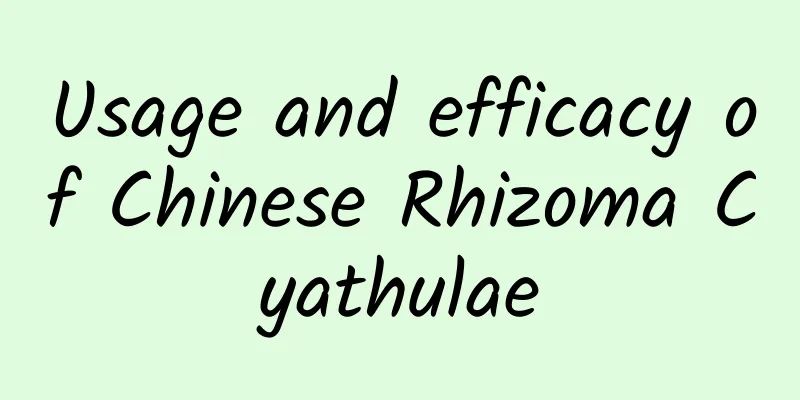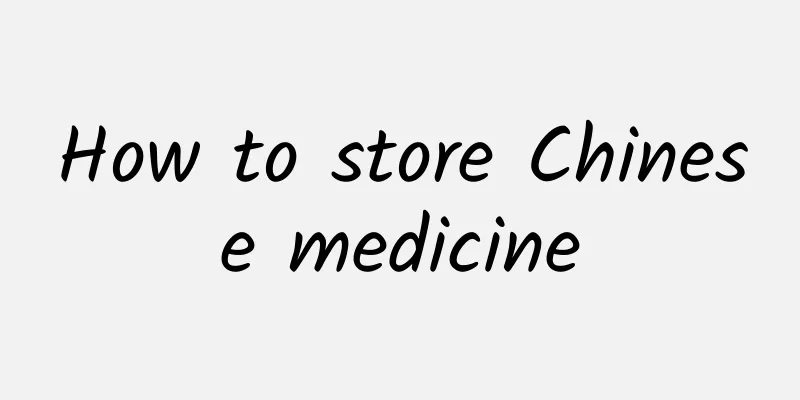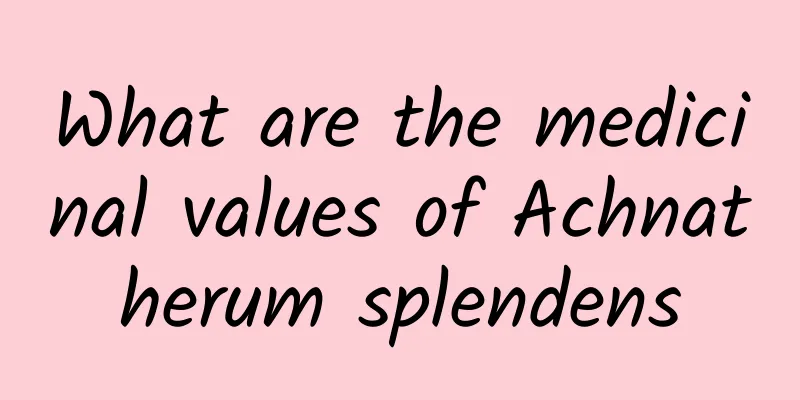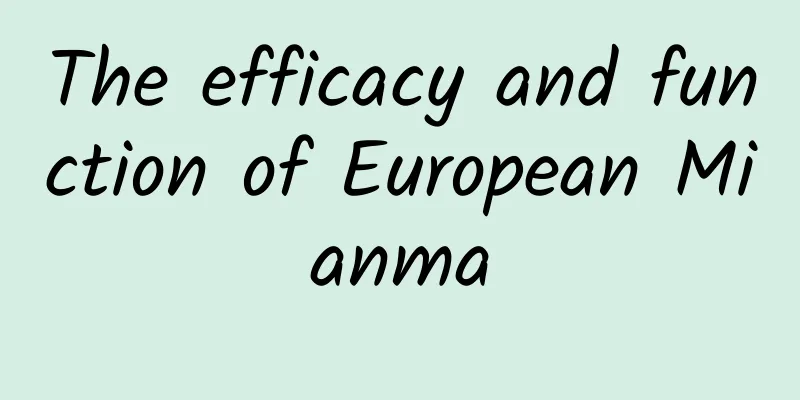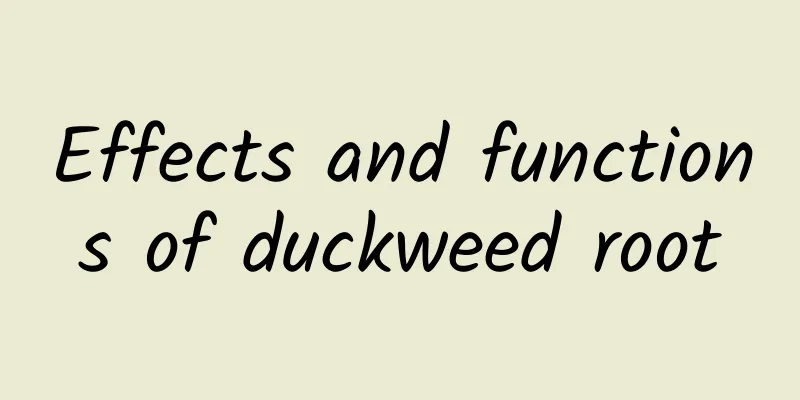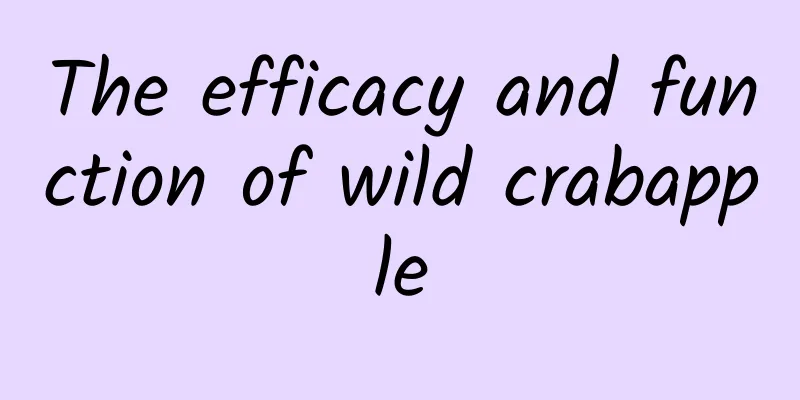What are the taboos of taking Chinese medicine?
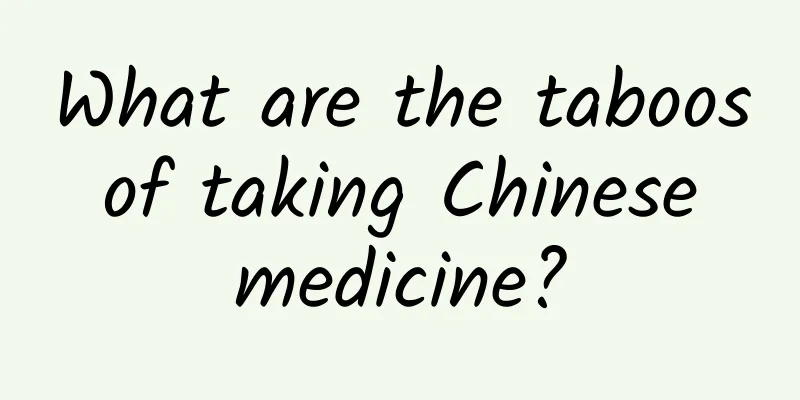
|
As people's knowledge of health care continues to improve in modern society, more and more friends have realized that we cannot rely solely on Western medicine when we are sick. Because Western medicine only treats the symptoms and not the root cause, and long-term use will also produce many side effects. Therefore, this reflects the importance of traditional Chinese medicine. So what are the taboos of taking traditional Chinese medicine? With this question raised by everyone, please share with me in the next period of time. Diseases can be classified into cold, heat, deficiency and excess. Even for the same disease, there will be differences in cold, heat, deficiency and excess due to the different constitutions of the patients. Therefore, Chinese medicine not only uses drugs to make up for deficiencies in treatment, but also prohibits or "partial diet" according to the condition of the disease, in order to enhance the therapeutic effect of the drug or reduce its side effects. In this sense, "dietary restrictions" are actually part of traditional Chinese medicine treatment. In clinical practice, we found that some foods also have the four properties and five flavors similar to medicines. In order to prevent food from having adverse effects on medicines, the concept of "dietary taboos" in traditional Chinese medicine came into being. Dietary restrictions include two parts: one is to restrict diet according to the nature of the disease, which is disease-related dietary restrictions. People with various heat syndromes, people with getting angry, and people with exogenous diseases should avoid spicy, fatty, greasy, and fried foods; those with cold syndromes should avoid raw, cold, or cold foods; during an asthma attack, they should avoid high-protein foods such as eggs, milk, fish, and shrimps; those with hemorrhoids and skin diseases should avoid seafood, mutton, dog meat, and other irritating foods; patients with edema should avoid salt; patients with hepatitis should avoid spicy, hot, and greasy foods. The second is to abstain from food based on the characteristics and incompatibility of the medicines taken, which is a dietary abstention based on the properties of the medicines. For example, when taking ginseng, avoid radish; when taking turtle shell, avoid amaranth and mint; when taking Poria cocos, avoid vinegar, etc. In addition, do not drink strong tea when taking any Chinese medicine, because strong tea contains a lot of tannic acid, which will reduce the efficacy when taken with Chinese medicine. You should mainly drink boiled water. I believe that with the above sharing by all of us, our friends have become more alert and concerned about the taboos of drinking Chinese medicine. Of course, I hope that all my friends will be familiar with these taboos so as to avoid more accidents in the process of taking Chinese medicine. At the same time, I hope that everyone can share what they have learned today with their family and friends. |
<<: What are the dietary taboos during taking Chinese medicine?
>>: What are the taboos of taking Chinese medicine?
Recommend
Often feel weak and listless? Maybe you are not eating right...
This article was reviewed by Pa Li Ze, chief phys...
The calla lily with a comet-like long tail turns out to be poisonous!
Produced by: Science Popularization China Author:...
The efficacy and function of Aopuki
The medical value of Aopuki is beyond our imagina...
The efficacy and function of Bindweed
There are many types of common Chinese medicinal ...
What are the medicinal values of Cistanche deserticola
Cistanche deserticola is warm in nature. It nouri...
Can the ketogenic diet "starve" cancer cells? The list of scientific rumors in October 2024
1. As long as you don’t have a headache or feel d...
Cognitive neuroscience: self and social intelligence
Self and Social Intelligence ——A person has many ...
The efficacy and function of camphor leaves
Camphor leaves have the effects of killing insect...
What are the nutritional values of Acanthopanax senticosus
In today's social life, we can always see man...
What are the effects of drinking Chuanxiong soaked in water?
Chuanxiong is a rhizome of traditional Chinese me...
Effects and functions of apple root
As the pressure of modern life increases, more an...
The efficacy and function of persimmon leaves
After thousands of years of sedimentation and acc...
The efficacy and function of Tiger Tail Orchid
Tiger tail orchid is a traditional Chinese medici...
What are the benefits of maca fruit
Generally speaking, maca fruit is a traditional C...
